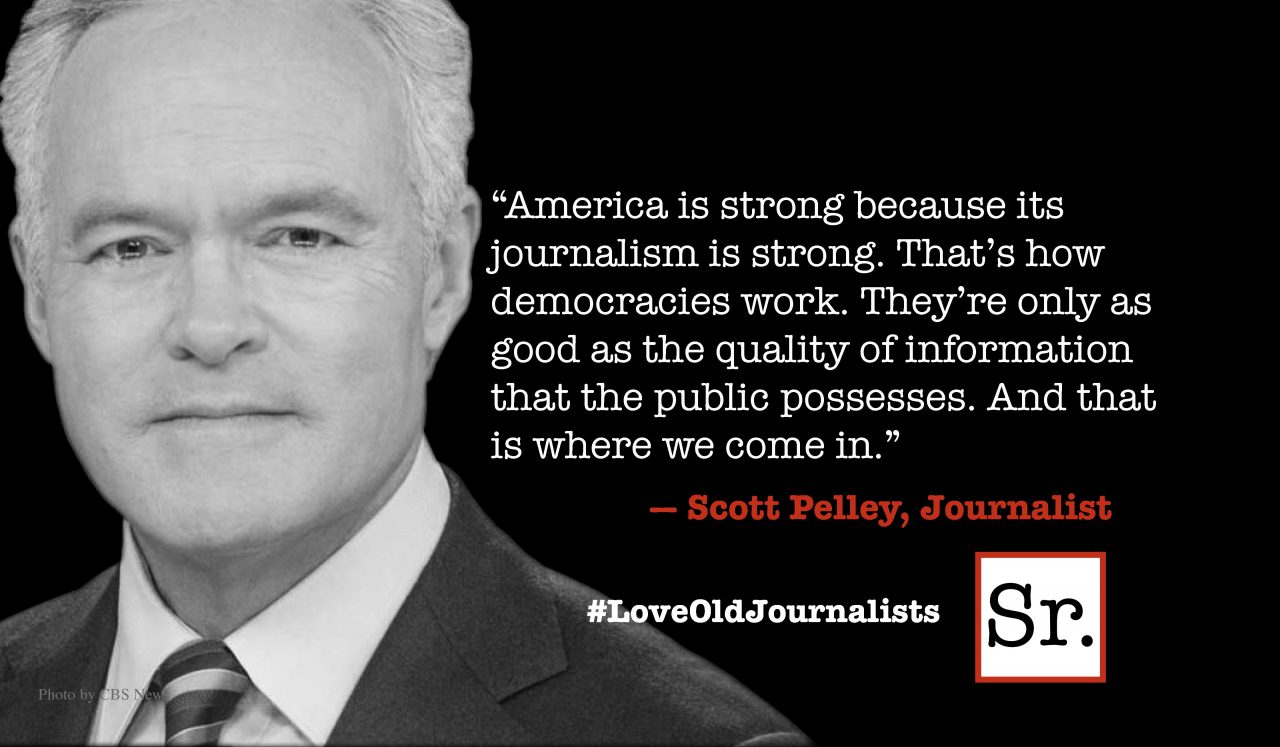It’s not Iran, nor health care, nor immigration, nor even the loss of liberty in the name of security — it’s none of these — and yet, it is as worrisome an issue as any of the others, maybe more so.
It’s the loss of interest in the humanities. The most popular major at Stanford, one of the country’s most prestigious colleges, is computer science. There are no longer any humanities programs among the school’s most popular five, according to a recent report in the New York Times.
The economy has a great deal to do with it. The recession has helped turn college into vocational training. Students, like most of us, have cause to worry where their future is coming from. Only 15 percent of Stanford students are enrolled in the humanities.” At the same time nearly half of the faculty teaches literature, philosophy, art, etc.
How representative is Stanford? Edinboro University of Pennsylvania, a public institution, said in September it was closing degree programs in German, philosophy, and languages and culture because of scant interest. Over the last decade, Harvard had a 20 percent drop in humanities majors and, “most students who say they intend to major in humanities end up in other fields,” noted the Times.
A big part of the picture has to do with the push from the White House to build up scientific productivity. Every other day, or so it seems, the president calls for more money for science and technology. No surprise that the American Academy of Arts and Sciences is complaining that it is being taken for a stepchild. Its federal funding is decreasing.
While interest has been fading in the humanities at elite schools like Stanford, its professors, we learn, are producing important scholarship. They are “generously” paid, work in “stunning surroundings” and have “access to the latest technology and techniques of scholarship,” the Times said, adding, “The only thing they lack is students.”
Pauline Yu is president of the American Council of Learned Societies. She complains, “College is increasingly being defined narrowly as job preparation, not as something designed to educate the whole person.”
Mark Edmundson, an English professor at the University of Virginia, also complains about hearing academics talking about the necessity of preparing students for jobs. “I think that’s conceding too quickly,” he said to the paper. “We’re not a feeder for law school; our job is to help students learn to question.”
Although the University of Virginia was down to 394 English majors last year from 501 when he came to the school in 1984, Edmundson does not fear for the future. “In the end, we can’t lose,” he said. “We have William Shakespeare.”
Maybe. But if interest in the humanities continues to fade at places like Stanford and Harvard, and elsewhere, a nation of techies may well ask, “Shakespeare Who?”
This article originally appeared in the San Leandro Times.









